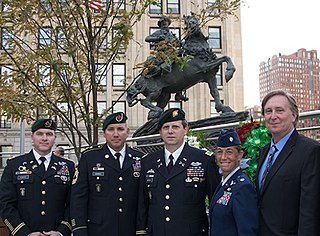A Quote by Vicki Myron
Books have survived television, radio, talking pictures, circulars (early magazines), dailies (early newspapers), Punch and Judy shows, and Shakespeare's plays. They have survived World War II, the Hundred Years' War, the Black Death, and the fall of the Roman Empire. They even survived the Dark Ages, when almost no one could read and each book had to be copied by hand. They aren't going to be killed off by the Internet.
Quote Topics
Ages
Almost
Black
Black Death
Book
Books
Could
Dark
Dark Ages
Death
Each
Early
Empire
Even
Fall
Going
Had
Hand
Hundred
Hundred Years
Internet
Judy
Magazines
Newspapers
Off
Pictures
Plays
Punch
Radio
Read
Roman
Roman Empire
Shakespeare
Shakespeare's Plays
Shows
Survived
Talking
Television
War
World
World War
World War I
World War II
Years
Related Quotes
If hardship brought out the worst in people, the human race wouldn't have survived. Right after 9/11, for instance, the murder rate actually went down in New York City. In World War II during the Blitz, the civilians of London were bombed almost every night for six months, but psychiatric admissions declined.



































